Ten years ago were you familiar with the philosophies and diets of vegans, pestatarians, fruitarians, flexitarians or pescatarians? Or would that have been a bit of an –arian tongue twister for you back in the noughties? Given that the latter two only entered the Oxford English Dictionary in 2014, along with ‘hashtag’ and ‘selfie’, I imagine you might have been a bit rusty on a couple of those definitions.
I’ve been getting up to speed on some of our latest food trends with the BBC Food Chain and it got me thinking about how our eating habits have changed so much in the last few years. In fact, according to Michael Pollan; ‘The way we eat has changed more in the last 50 years than it has in the last 10,000’. With that in mind you might ask yourself, has your diet changed in the last decade? Maybe you are someone who switched from butter to a low-fat spread and back to butter again, paying heed to all the misguided nutritional advice? Or perhaps you were at ease with the basic advice of the Food Pyramid that we all learned in school, which by the way, has since been retired or had a little ‘make-over’, as they like to call it. All that bread and pasta at the base of that triangle was simply too good to be true! Either way there is a wealth of information out there about what we should be eating. We are constantly being bombarded with reasons to change our own food philosophies through social media, television shows, magazines, celebrities and so on, and knowing what is the right thing to eat can seem complicated. This post investigates the current trends and explores whether there are any that are good for your health and the environment?
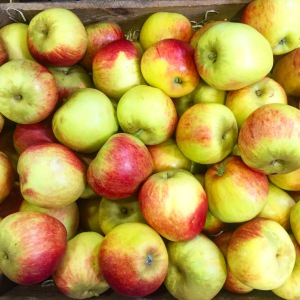
Pestatarianism: Does squirrel meat, camel meat or other feral wildlife tickle your fancy? This is a relatively new concept that advocates eating animals that are considered pests. Manuela Saragosa of the BBC speaks with pestatarians who believe we should be looking beyond meat in the traditional sense and claim if more people ate pests we could significantly reduce the number of intensively farmed animals. Consumption of pests might appeal to the curious eater, to those concerned with farmed animal welfare, as well as to the health conscious eaters. If you are a supporter of organic and free-range, you aren’t going to get much better than these feral creatures . Pest eating has already reached us in Europe with the Jugged Hare in London serving up grey squirrel to it’s diners. Tempted?
Entomophagist: If you are an insect eater, you are not alone with two billion entomophagists around the world. This is a growing trend in the western world with companies in California already manufacturing protein bars using cricket flour, while this UK-based company, Mophagy – Whole Food Nutrition, are ahead of the curve citing the abundance of nutritional benefits as a reason to eat mealworm and crickets. I believe it is only a matter of time before insect-based products will be hitting our shelves, most likely in the health aisle section. Watch this space. If helping to live in a more sustainable planet means consuming crickets then so be it. However, I draw the line at deep-fried tarantulas.
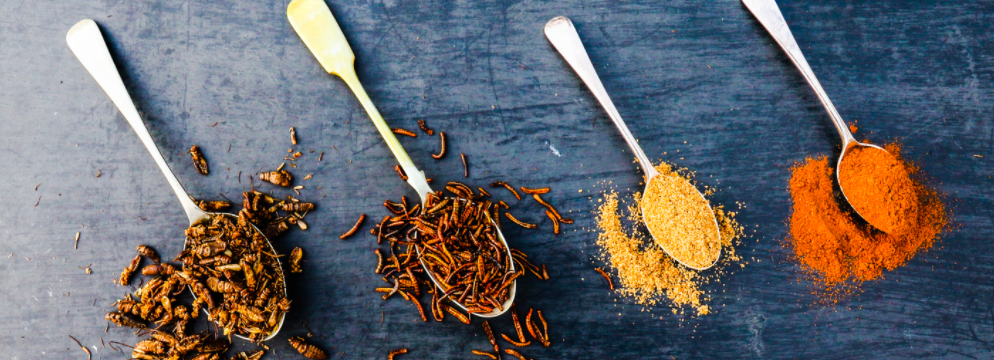
Meatless Monday: Perhaps a bit more palatable than bug eating or pest consumption, you might already have joined this self-explanatory movement. I am a big fan of the concept and whether it is a Monday/Wednesday/Sunday it is worth it’s weight in gold. There are health benefits for us in eating less meat & of course there are environmental spin-offs, according to Paula Mee. Less demand for meat equals less water usage and less carbon emissions. Furthermore, the Meatless Monday theory means you appreciate that sirloin steak a whole lot more and supports my view that meat is a treat.
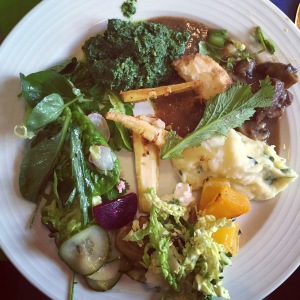
Flexitarian: An advocate of Meatless Mondays, this is a person who consumes a vegetarian diet and occasionally opts for fish and meat. This one has been victim to some ridicule, being described as a ‘cheating vegetarian’. Same can be said for Semitarianism. Again this is similar except that you alternate the days of omnivorism and vegetarianism. Oh please, enough of the buzzwords. Potentially euphemism for a fussy eater? Personally speaking it appears these eating habits means you can consume everything, so why the label?
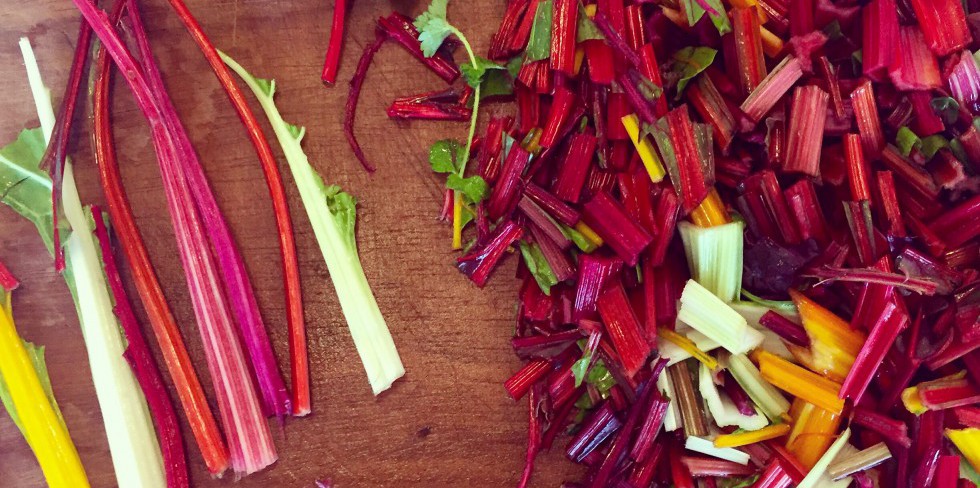
Pescatarian: You can’t argue with the pescatarian – they love fish. Respect. However, such praise comes with a caveat. I don’t uphold this view if the fish is the only source of protein and, thus, is consumed daily. Why? Too much of anything is generally a problem – we’ve all heard that consumption of too much fish means you are at risk of too much mercury in your system. Another reason for concern is the microbeads which made headlines this year. Alarmingly there are tiny plastic beads in many of our cosmetics that have found their way into the ocean and haven been eaten by the fish. Matt McGrath draws a scary comparison of young fish eating plastic like teenagers eating fast food. Despite being harmful to the fish this certainly isn’t good for our health as the plastic has made it’s way back onto our plates through the food chain . As the phrase goes, ‘too much of anything is good for nothing’. Our health aside, there is the issue of depleting fish stock, over-fishing, damaging the ocean beds etc but that is a whole other story.
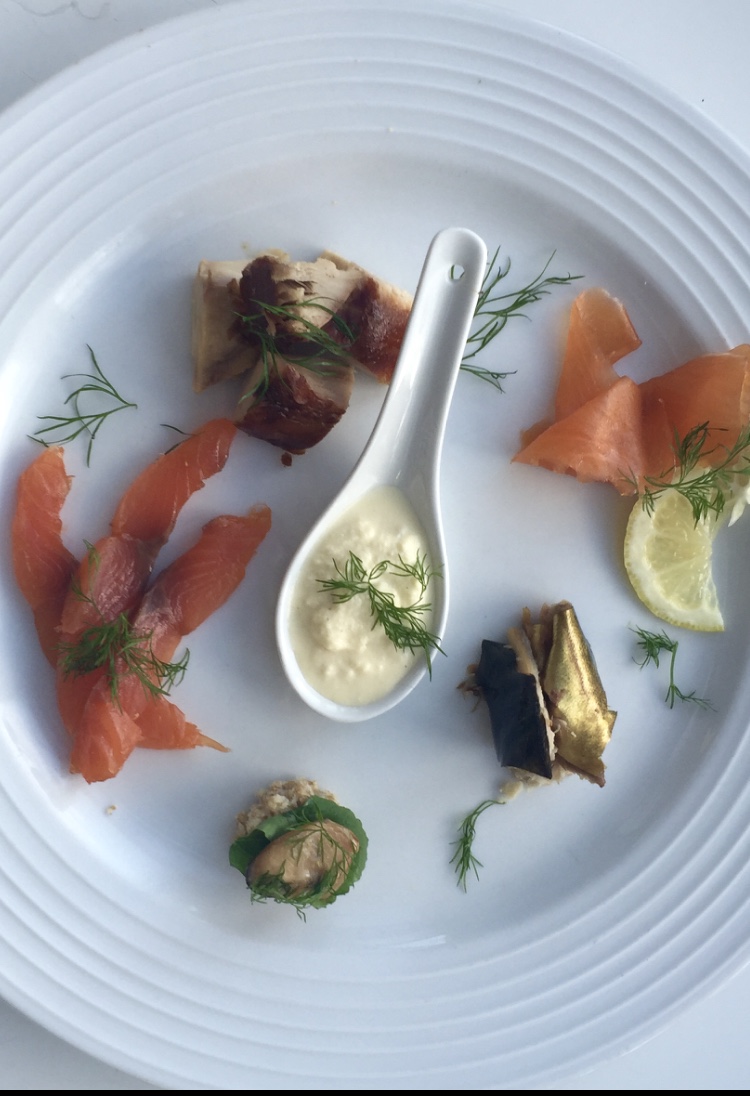
Fruitarian: You might think this one is completely bananas (sorry, just had to) but fruitarianism is a diet based on eating 75% raw fruit and has been around for quite a while with Steve Jobs said to have adapted this lifestyle back in the 70’s. On researching this one I came across a you-tuber called the ‘banana girl’ and to be honest, a total ‘fruit loop’ (sorry, again). Who in their right mind eats 51 bananas in a day? Despite it being an utterly bland way of living and not to mention the extremely high sugar content being consumed, it is also quite unethical. If we all adapted the banana eating lifestyle, as she seemingly is encouraging, where would that leave the planet?
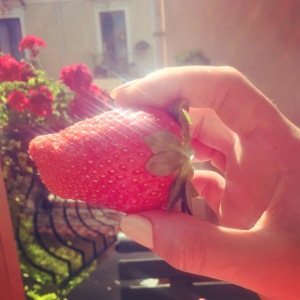
Veganism: Once considered an extreme diet this is more mainstream now. This vegan philosophy follows a clear set of rules and values thus gaining more traction and recognition than some of the other food philosophies. The vegan society in the UK estimates that there are over half a million people practicing this lifestyle which is three a half times more than there was 10 years ago. There are many health benefits to this diet but it has to said there is a lot of work and effort required to sustain this lifestyle. A crucial element of this diet is having to keep on top of your nutritional intake, potentially having to take supplements to ensure your body is not deficient of any essential vitamins and minerals.
It is clear that people are moving away from traditional eating habits as we know them for a variety of reasons but mainly for their health, for the environment, for ethical reasons and for the future of the planet.
My own personal stance on all of this, (although I do support everyone’s choices) is that we should consume what feels right for our bodies. Ultimately however I don’t believe a definitive diet will beneficently serve us from both a health and an environmental perspective. I believe the optimum philosophy to achieve good health and wellbeing as well as looking after the planet is to adapt an everything in moderation lifestyle. I enjoy eating fish, meat, dairy, fruit, vegetables as long as I know it has been sourced sustainably and I am eating responsibly. I am conscious of projected forecasts of 10billion people in the world by 2050 and there potentially won’t be enough food unless we change our eating habits. A combination of these trends might be the answer. Keeping an open mind and maintaining some balance is key to the future. Although what seems like an utterly foreign concept to me now, I would be willing to try grasshoppers when they reach our shelves. Would you? Essentially, if everyone opted to go down the same road of veganism or pescatarian for example, surely there would be detrimental effects on the environment? To borrow some simple words from Michael Pollan: Eat food, not too much, mainly plants.
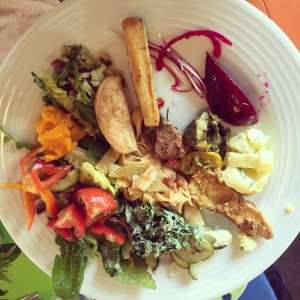
Great article! I believe in people eating a wide variety of foods, and to keep the meat to a small proportion of the overall meal, with loads of vegetables and good fats, that definitely works for me once the food provenance is good… is there a word that describes this philosophy??!!
LikeLiked by 1 person
Thanks. I call it everything in moderation …maybe farm to fork?? Great to know who the producer is anyway that is for sure. And i agree – small proportion of meat!
LikeLike
You have a lovely style. I’m looking forward to reading the rest of your blog now.
LikeLiked by 1 person
Thank you Jenny, glad you enjoyed it!
LikeLike
Great post, very motivational 🙂
LikeLiked by 1 person
Such an interesting read, definitely agree with the everything in moderation motto.
LikeLiked by 2 people
Thank you. Good motto to live by 🙂
LikeLike
I don’t eat dairy products or meat, so basically a vegan that eats eggs and occasionally honey :’) I have eaten bugs before and they don’t taste great, but would be willing to think about it. I do think we need to drastically change our attitude to meat consumption at the very least.. I think it’s wrong that people are so detached from where their food comes from (e.g. ‘eew I would never pluck a chicken, that’s disgusting’ *regularly eats at kfc*). Anyway, this post is really interesting!!! It’s funny, I learnt lots of new words and it’s not judgemental 😀 yey 😀
LikeLiked by 1 person
The mind boggles! I only heard of vegetarians, vegans and pescatarians! I thought pestatarIan was a typo first!!! Interesting read. Like you, I agree that everything in moderation works for me!
LikeLiked by 2 people
Ha, yes – lots of new words that actually haven’t officially been recognised by Oxford! Thank you for reading and commenting!
LikeLike
Loved it so interesting, definitely learnt a lot from reading it x
LikeLiked by 1 person
Thanks so much! Great to hear!
LikeLike
Such an interesting and informative read.Yes our eating habits have changed even if I look back 5 years ago. I am becoming more informed about what I eat.
LikeLiked by 1 person
Thanks a million. Change is good if it is for the better.
LikeLike